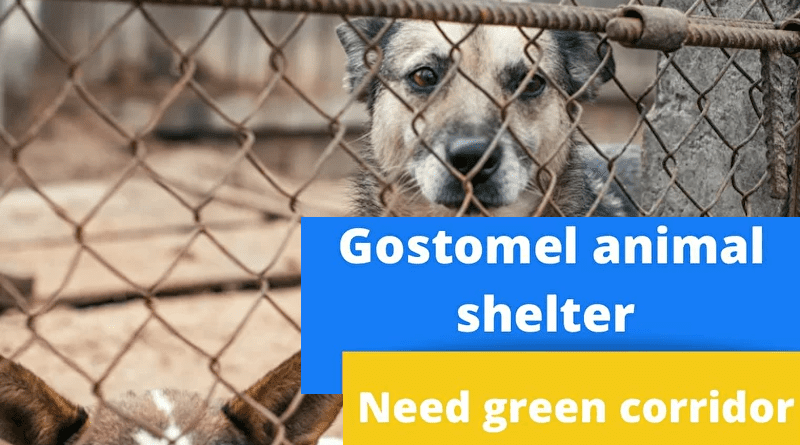Putin Has Gone To War Not Only Against Ukrainians But Also Their Pets – OpEd
By Paul Goble
Pictures of Ukrainians fleeing from Russian aggression with their pet dogs and cats in their arms have become a regular feature on Facebook and other social media and have touched the hearts of animal lovers and other people of good will around the world.
They show that in Ukraine, Putin has gone to war not only against people but against animals. And while this is not a crime against humanity in the usual sense, it is an offense against the animals and the people who love them and what is more a violation of what it means to be fully human.
Both are innocent and do not deserve their current fates, and it is not surprising that in the face of such murderous aggression, Ukrainians and human rights groups have given priority to saving human lives. But it would be churlish not to take notice not only of Ukrainian actions in support of animals but also Russian violence against them.
Putin’s forces have attacked animal shelters in various parts of Ukraine, something that even the Nazis did not do and a measure of viciousness that deserves condemnation by all concerned about the future. Few are talking about holding Putin and other Russian leaders accountable for this, but they must be convicted at least in the worldwide court of public opinion.
Reports about the fate of animals and of the shelters where many but far from all have found refuge are inevitably fragmentary. But some more comprehensive reports are beginning to appear. Among the best is one about the shelter in Gostomel, a town near Kyiv that was under Russian occupation for 35 days.
The Gostomel shelter, created in 1999 by animal rights activists, has attracted international attention because of a petition its operators launched in order to secure assistance to help their animals survive attacks and the loss of power and water during the occupation and ultimately to rebuild.
(For the petition itself, which has garnered more than 168,000 signatures, see change.org/p/требуем-немедленно-организовать-зеленый-коридор-для-приюта-в-гостомели; for a discussion of the shelter behind it, see meduza.io/feature/2022/04/16/pomoch-vsem-bylo-nerealno-chislo-podopechnyh-udvoilos-i-priblizilos-k-tysyache.)
The Gostomel shelter found itself first between Russian and Ukrainian forces and then under Russian administration. In the first case, it was shelled and suffered serious damage; in the second, it was kept from access to evacuation corridors by the Russians and did not get the assistance from Kyiv it sought because Ukrainian priorities were understandably to save people.
In some cases, animals were killed by bullets; in others by attacks on the places they had hoped to find safety in; and in still a third, by a lack of food and water. The activists are doing what they can with limited resources and have attracted support for animal rights groups in Ukraine and the West.
Right now, the activists are focusing only on immediate problems they can fix. Other plans have been put off because as they point out, “there is no certainty that the Russian forces won’t come back.” In this, they deserve both more direct support and international outcry against this form of suffering Putin’s war has brought to Ukraine.

